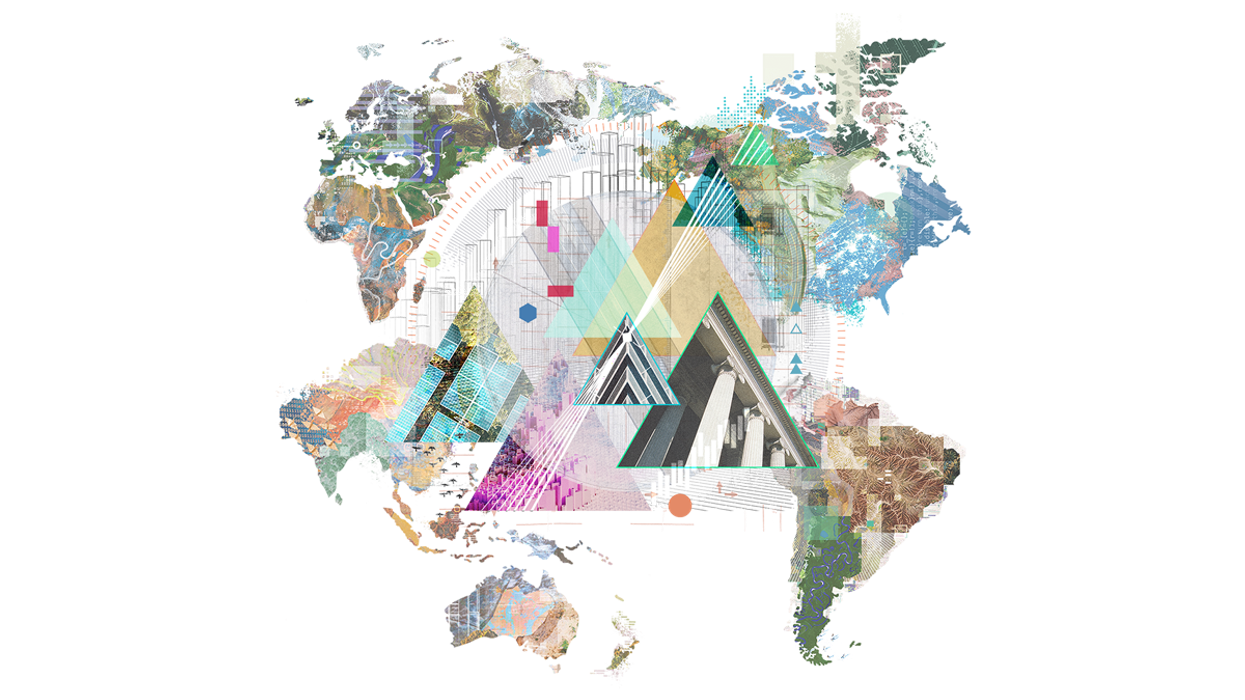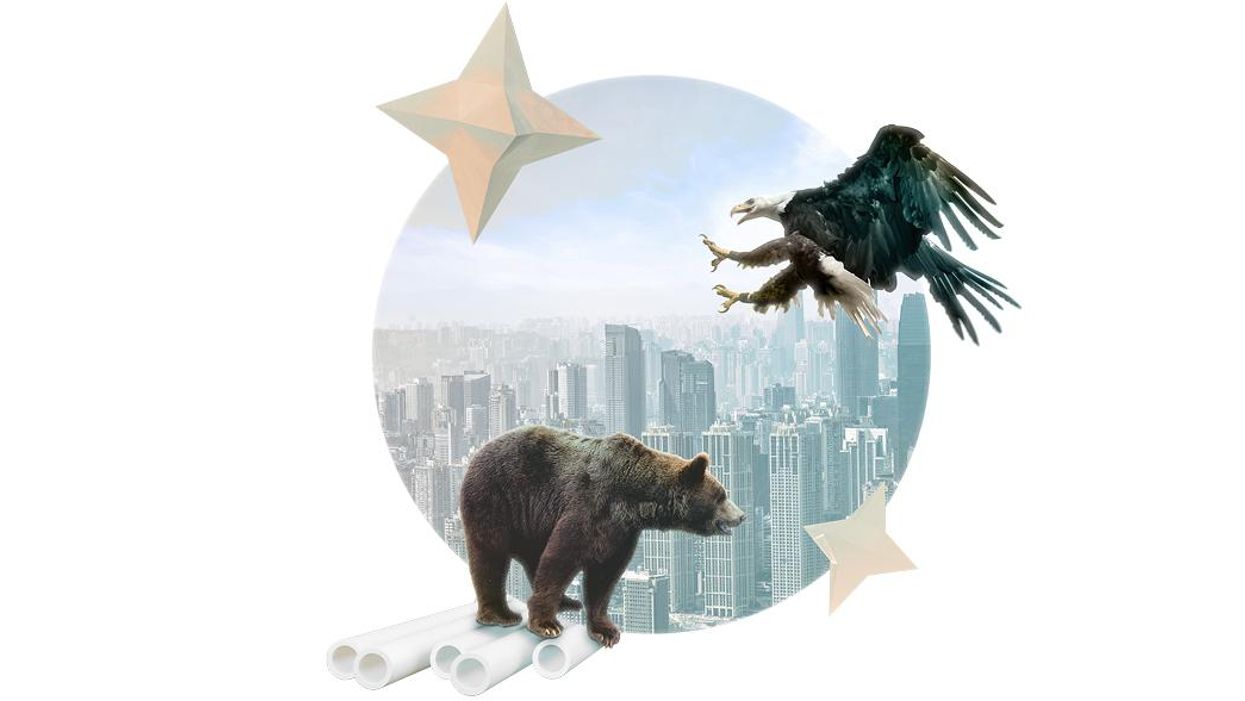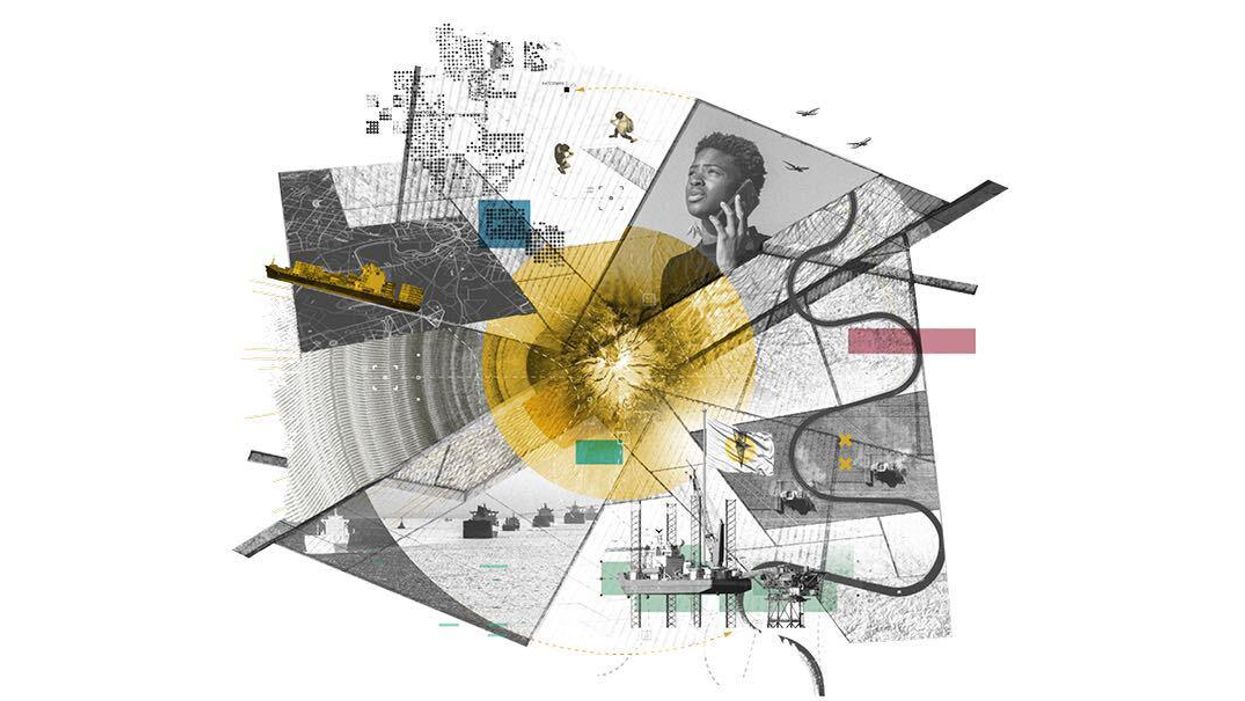Living Beyond Borders Podcasts
Episode 3: Inflation Nations: What to know about inflation and interest rates
Listen: "During the course of this year, the Fed will not be concerned only with inflation as the months go by,; increasingly the pendulum will shift and they'll be concerned about the employment part of their mandate as well," says Charlie Reinhard, Head of Investment Strategy for North America at Citi Global Wealth Investments.
Apr 06, 2023










